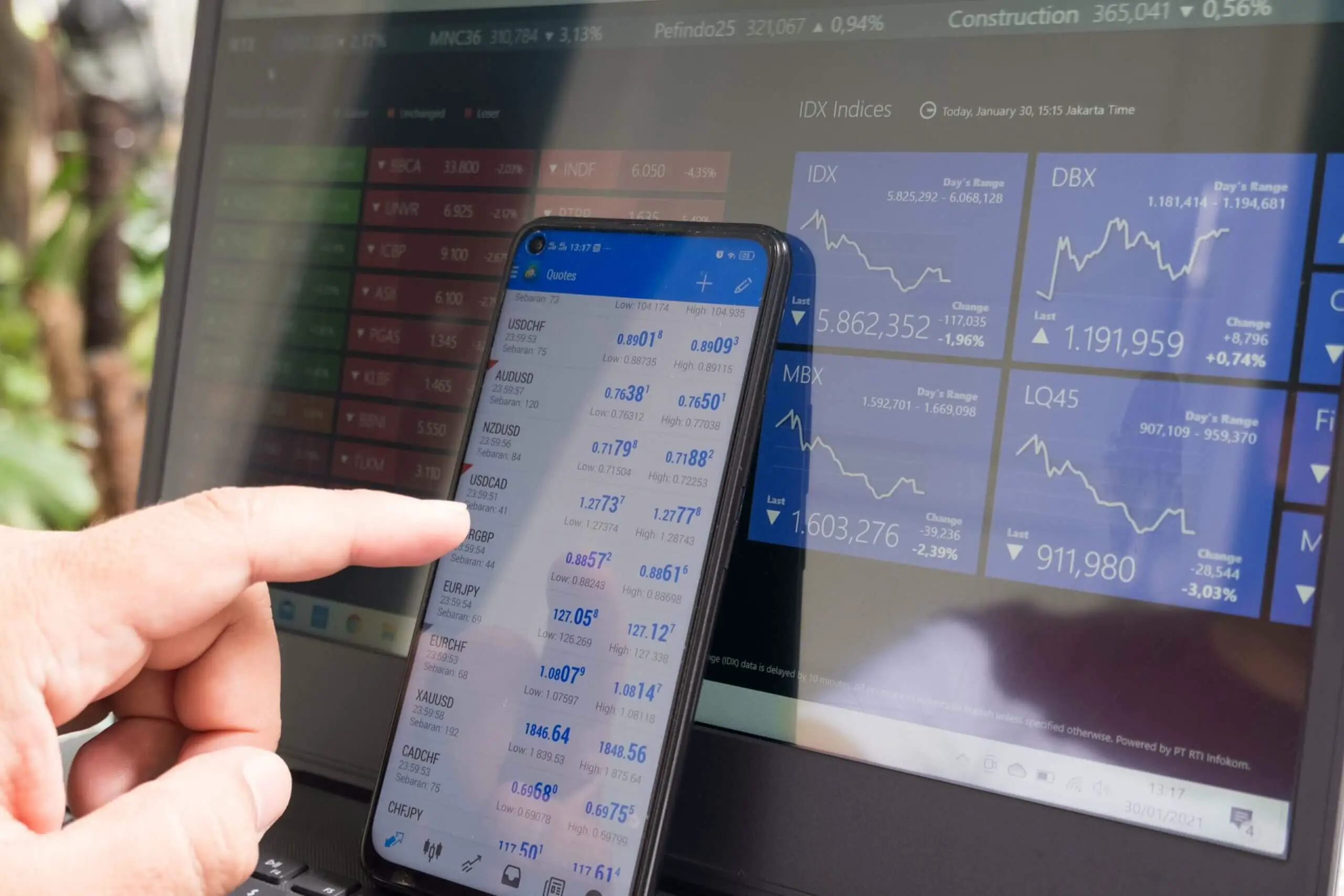Forex trading involves the exchange of foreign currencies in a global marketplace. It has gained increasing popularity in recent years as a potential source of financial gain. However, as with any financial endeavor, it is essential to consider its permissibility within religious contexts.

Image: www.berotak.com
In the context of Sunni Islam, the permissibility of forex trading has been the subject of much discussion among scholars and theologians. While there is no explicit ruling in the Quran or Sunnah that directly addresses the topic, scholars have examined the principles of Islamic finance to derive opinions on its permissibility.
Permissibility of Forex Trading
The permissibility of forex trading hinges on whether it complies with the principles of Islamic finance. These principles include:
- No interest (riba): Forex trading does not involve interest payments, adhering to the prohibition against usury (riba) in Islam.
- Avoidance of uncertainty (gharar): Forex trading involves elements of uncertainty, such as price fluctuations. However, many scholars consider this level of uncertainty to be permissible, as long as it’s not excessive.
- No gambling or speculation (qimar): Forex trading involves elements of risk and speculation. However, if the primary intention is to exchange currencies for legitimate purposes (e.g., international trade, travel), it’s generally considered permissible, provided that traders exercise due diligence and do not engage in excessive speculation.
Based on these principles, many contemporary Sunni scholars have concluded that forex trading is permissible under certain conditions:
- The transaction should be based on a genuine need, such as settlement of trade or travel expenses.
- The trading platform and currency pair chosen should be compliant with Islamic principles.
- Traders should exercise due diligence and avoid excessive speculation or gambling.
Conditions for Permissibility
While forex trading may be permissible under certain conditions, it is crucial to emphasize that not all forms of forex trading are considered halal. Specific conditions must be met to ensure compliance with Islamic principles, including:
- Spot and forward contracts only: Non-physical contracts, such as CFDs (contracts for difference), options, and futures, are generally prohibited due to excessive uncertainty and speculative nature.
- Leverage and margin trading: The use of leverage and margin trading is generally discouraged due to the excessive risk it poses.
- Hedging against risk: Forex trading for the purpose of hedging against currency fluctuations in permissible business transactions is acceptable, provided that it complies with the other conditions.

Image: www.scholarlywriteups.com
Forex Trading According To Sunni Muslim
Conclusion
In summary, forex trading in accordance with Sunni Islam is permissible when it meets specific conditions. These conditions are designed to ensure that the potential risks and uncertainties of the market are managed within the boundaries of Islamic principles.






